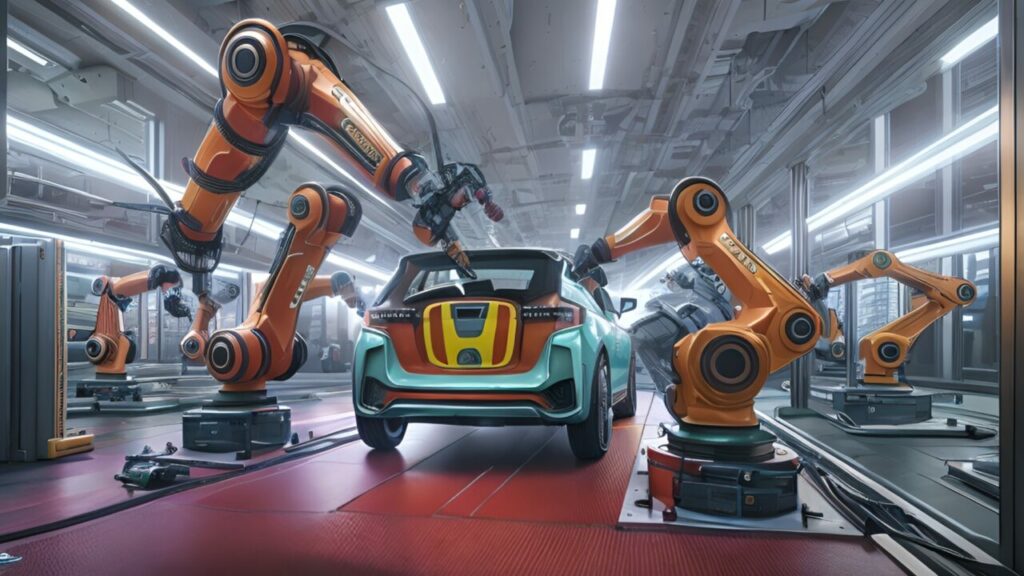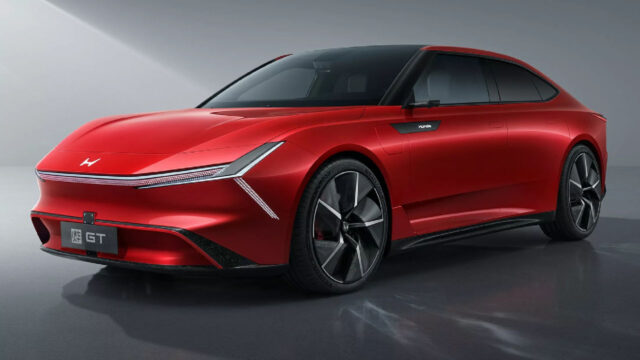Honda is making a substantial $11 billion investment in Ontario, Canada, for electric vehicles and next-generation batteries. Although it may seem a minor step for Honda, it’s a significant move for the electric vehicle industry. Here’s why this investment is crucial:
Honda makes a massive $11 billion investment in electric vehicle and battery facility
The announcement of Honda’s $11 billion investment was made at an event attended by Canadian Prime Minister Justin Trudeau, who described it as “a very big day” for the region, the province, and the country. Trudeau highlighted that “Honda’s investment reinforces Canada’s commitment to being a world leader in clean energy and technology.”

This investment is notably timely, aligning with Canada’s goal that by 2035 all new light-duty cars and passenger trucks sold in Canada must be zero-emission. What are the specifics of this massive investment? Honda will add new production facilities alongside its existing ones. The company plans to produce 240,000 electric vehicles annually at these facilities, with operations starting in 2028.
This move will not only contribute significantly to the regional economy but will also create about 1,000 new jobs, bringing the total workforce to 5,200. Honda will cover 60-70% of this substantial investment, while the remainder will be supported by partners and incentives from the Canadian government. Trudeau mentioned that the Canadian federal government and the Ontario local government could provide approximately $3.6 billion in support.
With this initiative, Honda aims to accelerate the race for a spot in the electric vehicle market. Honda CEO Toshihiro Mibe stated, “We need to make electric vehicles more accessible,” emphasizing the company’s determination to progress towards producing cost-effective and next-generation batteries.
Why are such steps by automotive giants like Honda important for us? Frankly, electric vehicles do not produce direct planet-warming pollution compared to traditional gasoline vehicles, making every new electric vehicle a gain for our planet. Furthermore, increased competition will likely drive down costs, benefiting consumers.
The company is committed to making all of its North American sales battery-electric or fuel cell-electric vehicles by 2040. What do you think? What does Honda’s bold move mean for the future of electric vehicles? Feel free to share your thoughts in the comments section below.

















